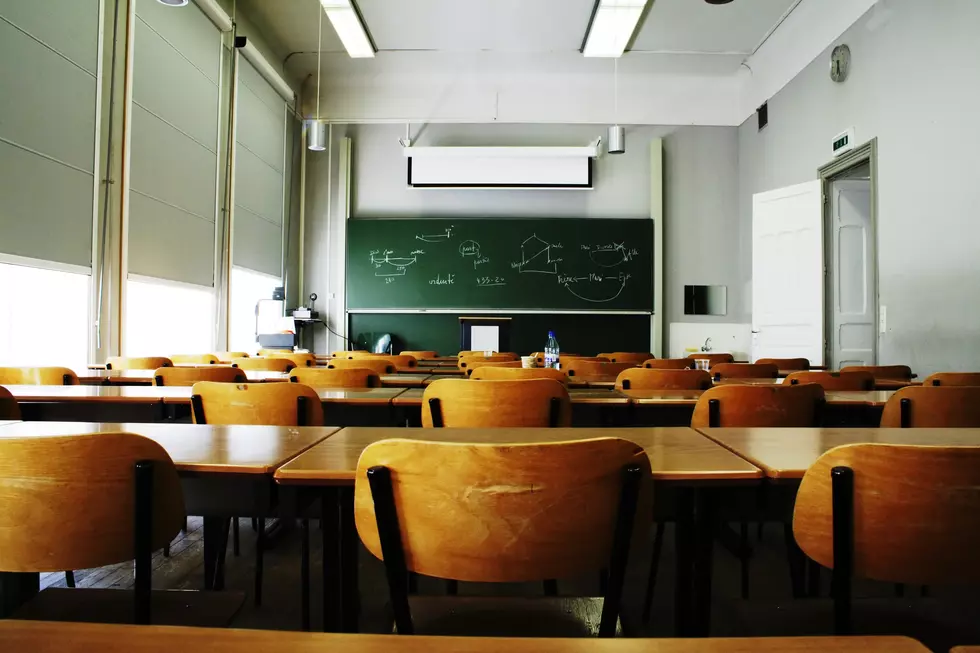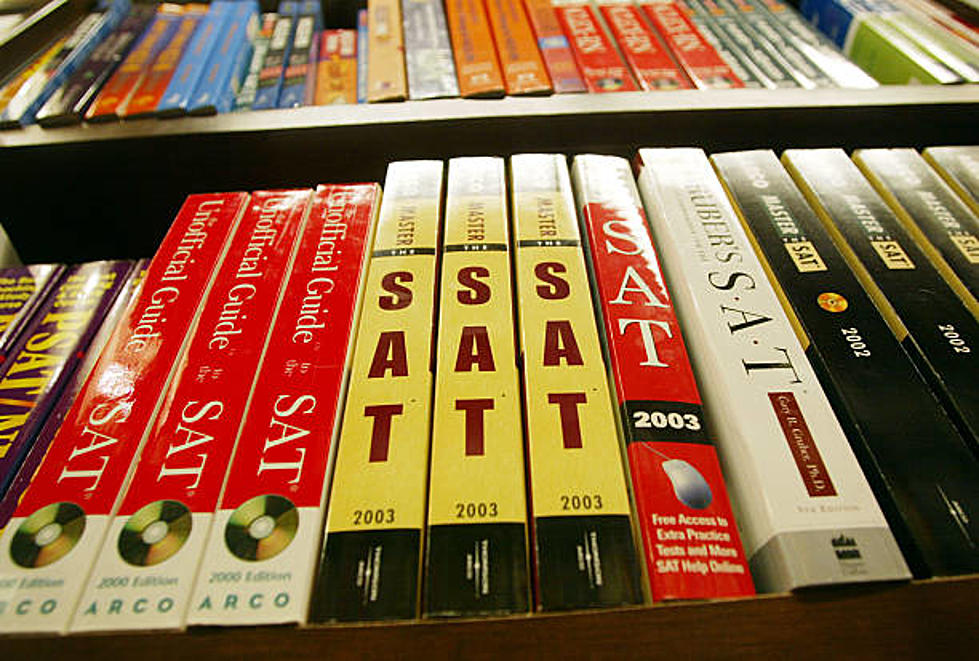
NJ teachers brace for more COVID trauma as pandemic lengthens
TRENTON – Take the regular societal challenges that lead to educational inequities in New Jersey, layer on COVID-related issues that aggravate those problems, and you’ve got the conditions for an even more imbalanced state school system.
Then add to that the coronavirus delta variant that has dimmed the light at the lengthening pandemic tunnel and the complications teachers face in the approaching school year get compounded.
The state Department of Education held its third annual Statewide Equity Conference online Tuesday. While many of the workshops focused on how to assess and address racial disparities, the trauma on students and families caused by the pandemic was also top of mind.
“All the stuff that they’ve been through, and now it’s going to continue this year, right?” said Neel Desai, principal of Grandview Elementary School in Piscataway. “First we thought it going to be just a few weeks. Then a year. And now we’re almost at 18 months, and it’s probably going to continue.”
Desai said the COVID-related impacts last school year included food insecurity, deaths in students’ immediate or extended families, job losses for parents and others. He tried to address it with home visits to families and deliveries of needed supplies.
“Those families plus all the other ones that maybe they could have been OK for a little while, but now because of the extent of it, because of how long it’s going to be, maybe they’re not going to be and they need more support from us,” Desai said.
Robyn Klim, director of educational services for the Freehold Township School District, noted the U.S. Centers for Disease Control and Prevention now recommends masks in indoor public places in all New Jersey counties except Warren. The CDC also suggests masks in all K-12 school settings, though in New Jersey that decision is currently being left to school districts.
“The delta variant still continues to haunt us, and we are certainly not out of this,” said Klim, who said teachers now have to figure out a way to move forward.
“The pandemic is absolutely a contributor to emotional harm,” she said. “In fact, it’s been estimated as of last January that $1.58 trillion are going to be spent on recuperating emotionally with the mental health backlash of the pandemic.”
Klim said teaching professionals with resources have suffered due to the pandemic and that it’s safe to assume it’s been worse for families with far less.
“Ages 18 to 35, in a study conducted, 43% of adults experienced high rates of loneliness during the pandemic,” Klim said. “Now imagine our families returning to us – our families returning after they felt anxious, scared and depressed.”
Angel Santiago, who teaches at Loring Elementary School in Blackwood and is the current New Jersey State Teacher of the Year, said teachers should strive to build a classroom environment and culture that’s safe for students, so they feel appreciated.
“This will be especially important as we return to in-person learning. We can create healing spaces in our schools,” Santiago said.
“We know that the pandemic has hit our students in so many different ways. Those families and students already struggling have had their health, social and economic situations amplified by this pandemic,” he said. “We must acknowledge and offer remediation for this trauma before we can expect any academic results.”

Klim said teachers should brace themselves for what they’re likely to hear from students as they spend full school days with them, in some places for the first time since March 2020. She said in normal times, schools are the top reporting entity to the state Division of Child Protection and Permanency.
“And the schools have not been open enough to really be that lens on reporting,” Klim said. “So, as our children return to us, we do expect the stories to be told, right? And the children are going to be sharing how their experiences were. So, you really have to be armed with your child study teams and your helpers in the district to make sure that you have the supports available.”
Michael Symons is State House bureau chief for New Jersey 101.5. Contact him at michael.symons@townsquaremedia.com.
Point Pleasant Beach NJ: 11 most popular spots
Parkway stops getting renamed after these NJ greats
More From 105.7 The Hawk










